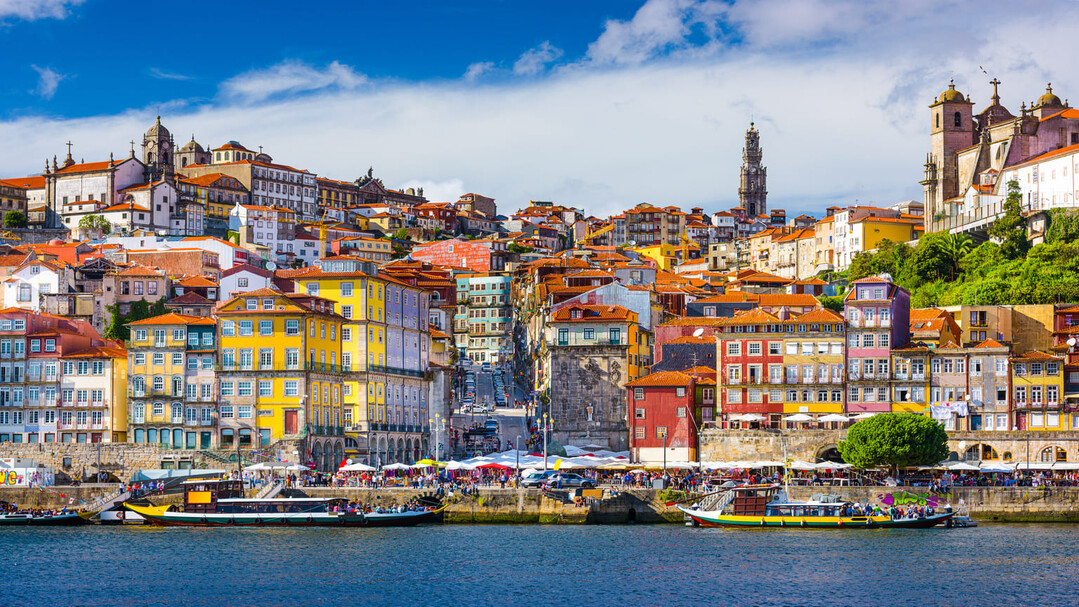
Migration, at its core, is a leap of faith. It promises a better life, a fresh start, a chance to escape the familiar. Like alcohol or money, it offers an initial high, a sense of enhanced experience and possibility. But as many have discovered, this initial euphoria can mask underlying challenges, transforming the dream into a stark reality check.
The Portuguese, a nation deeply intertwined with migration, understand this duality intimately. From the intrepid navigators who expanded their kingdom's reach to the economic migrants who sought refuge in France and the colonies, their history is a testament to the enduring human desire for a better future. These journeys, often fraught with hardship and sacrifice, have shaped the Portuguese character, perhaps fostering a unique empathy towards those who, like them, dare to leave home.
As a "white-collar" migrant to Portugal, I find myself humbled by the resilience of the Portuguese diaspora. My own journey, though less arduous, shares the common thread of seeking a new life. Yet, I've observed that the promise of paradise can quickly unravel, particularly for those in my demographic: baby boomer Brits and Americans.
The allure of Portugal is undeniable: a slower pace, a lower cost of living, a welcoming climate. For many, the decision to relocate is driven by two powerful forces: family and health. The desire to reconnect with loved ones, coupled with the hope of better healthcare, fuels the dream. But these very motivations can become sources of profound distress.
The initial excitement of a new life can obscure the inevitable challenges. Family dynamics shift, distances become acutely felt, and health concerns, once manageable, can escalate in an unfamiliar environment. This is where the analogy of alcohol or money rings true: the initial benefits can morph into unexpected problems.
I've witnessed firsthand how unchecked issues can fester, becoming a "toxic" build-up that erodes the expat experience. The small, daily frustrations, if ignored, can accumulate, leading to mental health struggles and a longing for the support networks left behind. It's a cruel irony that the very people who sought escape can find themselves yearning for the familiar comforts they once rejected.
The key to navigating this complex terrain lies in open communication and a willingness to seek support. Ignoring problems, or resorting to social media rants, only exacerbates the situation. As the saying goes, "He who complains on social media will end up more confused and sad than he was when he first logged in."
Instead, we must create spaces for honest dialogue, where we can share our struggles and seek practical advice. It's not a weakness to ask for help; it's a testament to our resilience. The most "successful" migrants, those who find lasting fulfillment, are those who acknowledge the challenges and address them proactively.
Migration is a journey of both discovery and adaptation. It's a chance to reinvent ourselves, to embrace new cultures, and to build a life that reflects our deepest aspirations. But it's also a journey that requires courage, vulnerability, and a willingness to confront the inevitable challenges that arise.
As we navigate this complex landscape, let us remember the lessons of the Portuguese diaspora: that migration is a double-edged sword, capable of both enhancing and challenging our lives. By embracing open communication, seeking support, and acknowledging the full spectrum of the migrant experience, we can transform the dream into a lasting reality.
[Copyright (c) Global Economic Times. All Rights Reserved.]



























